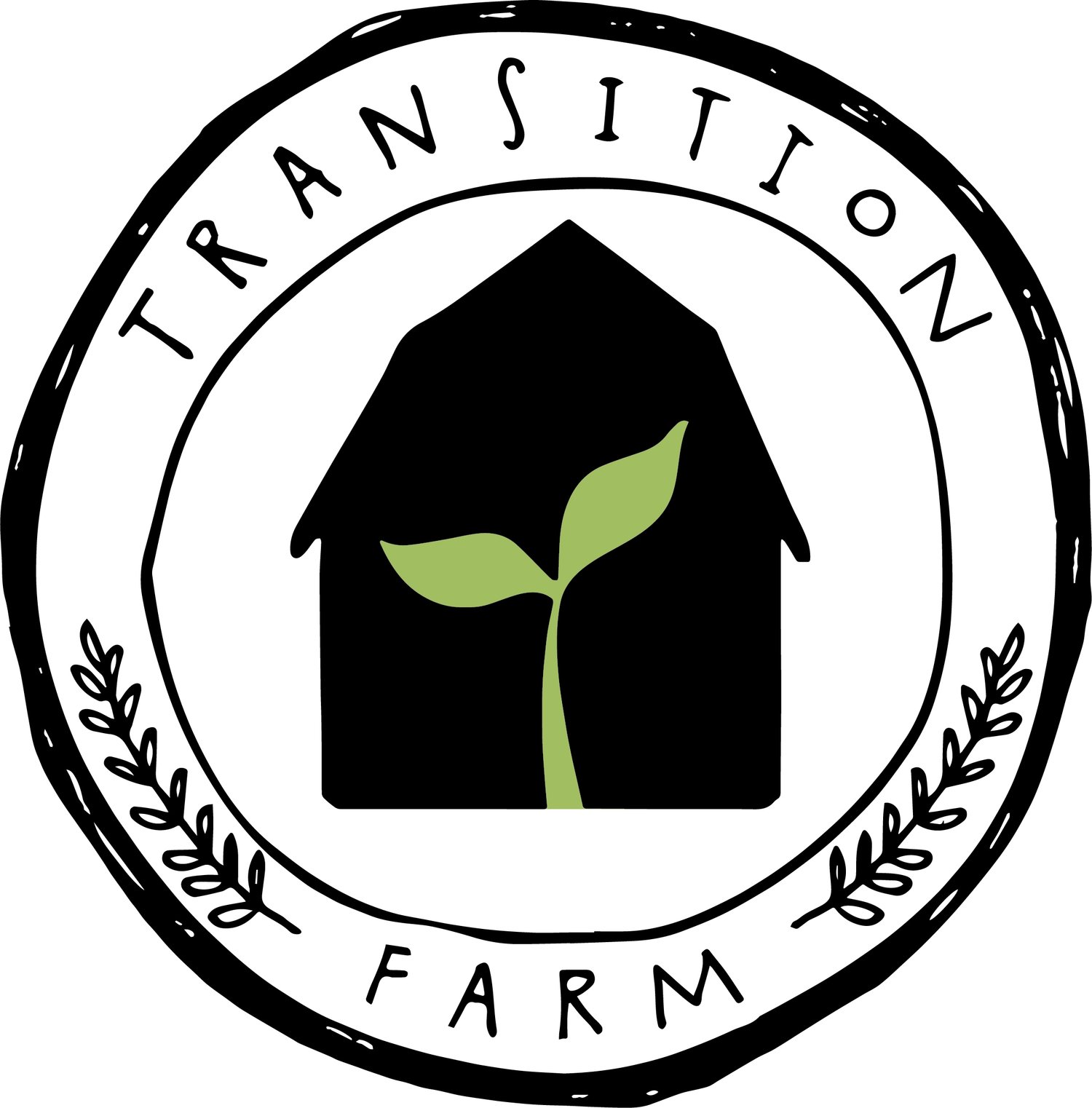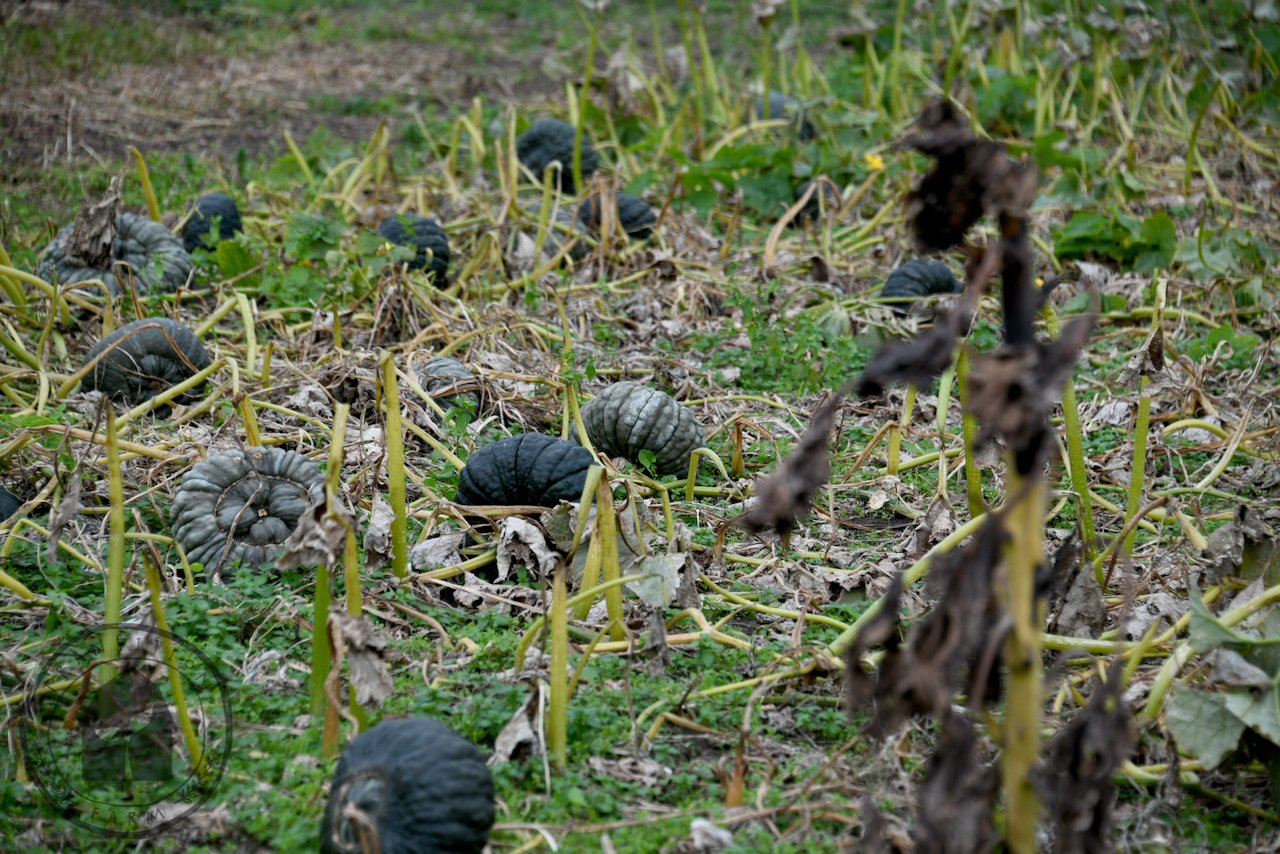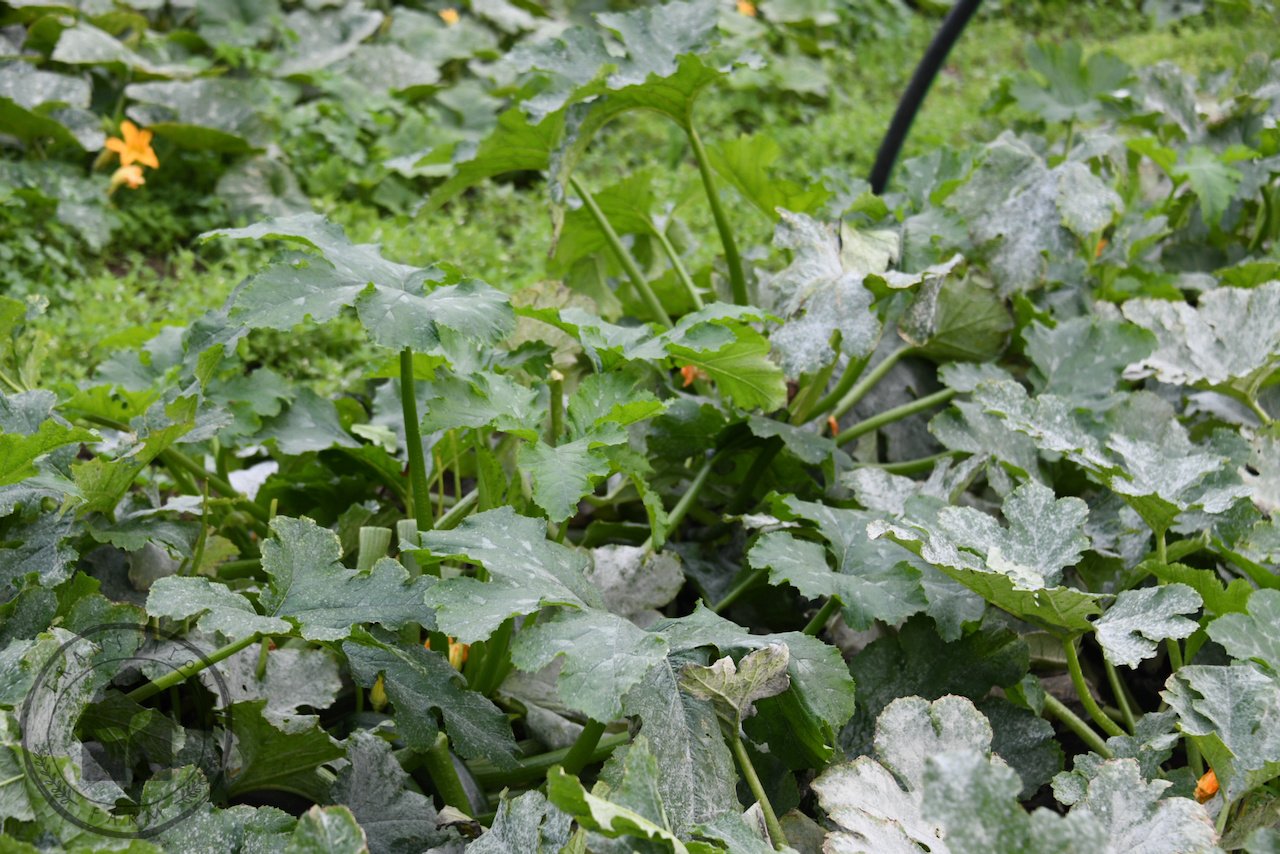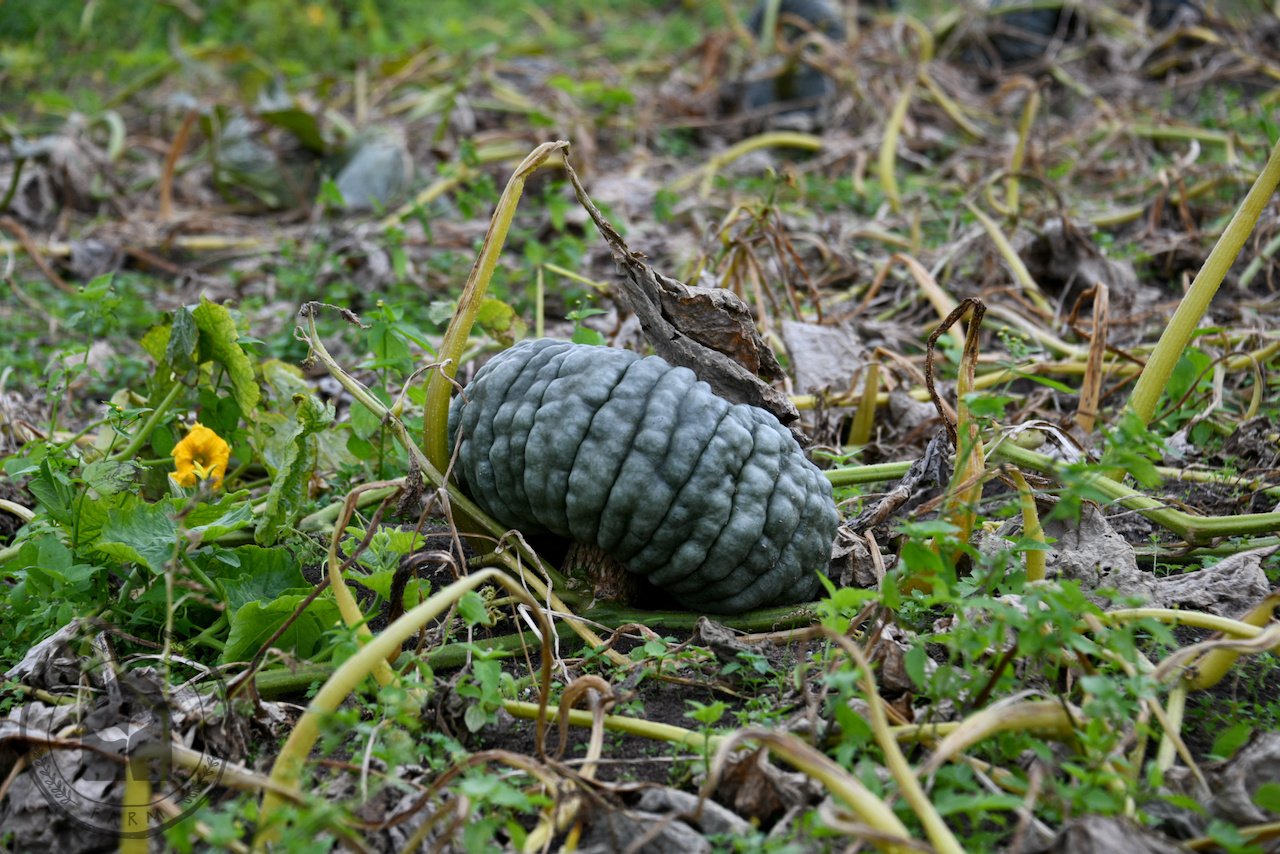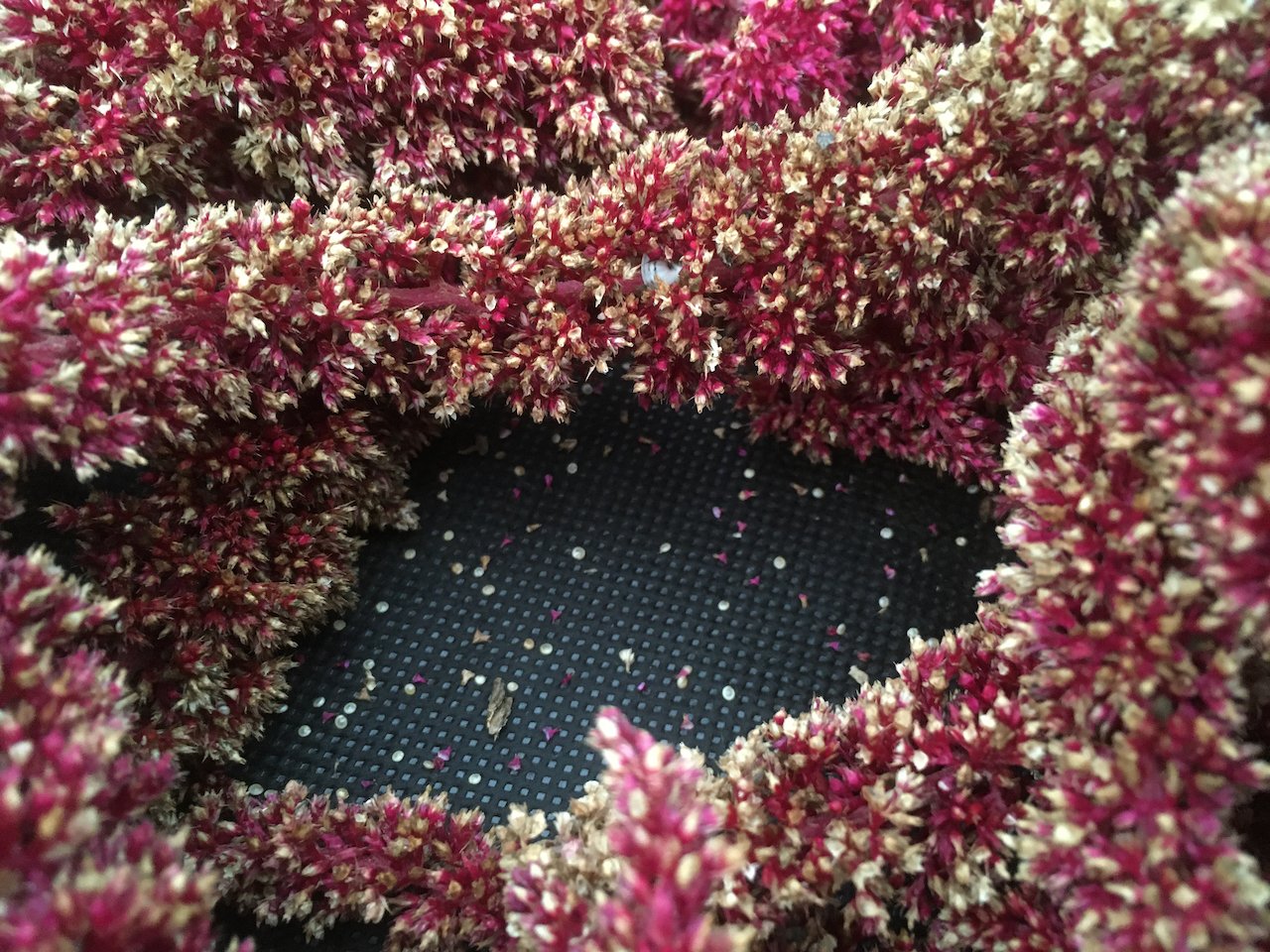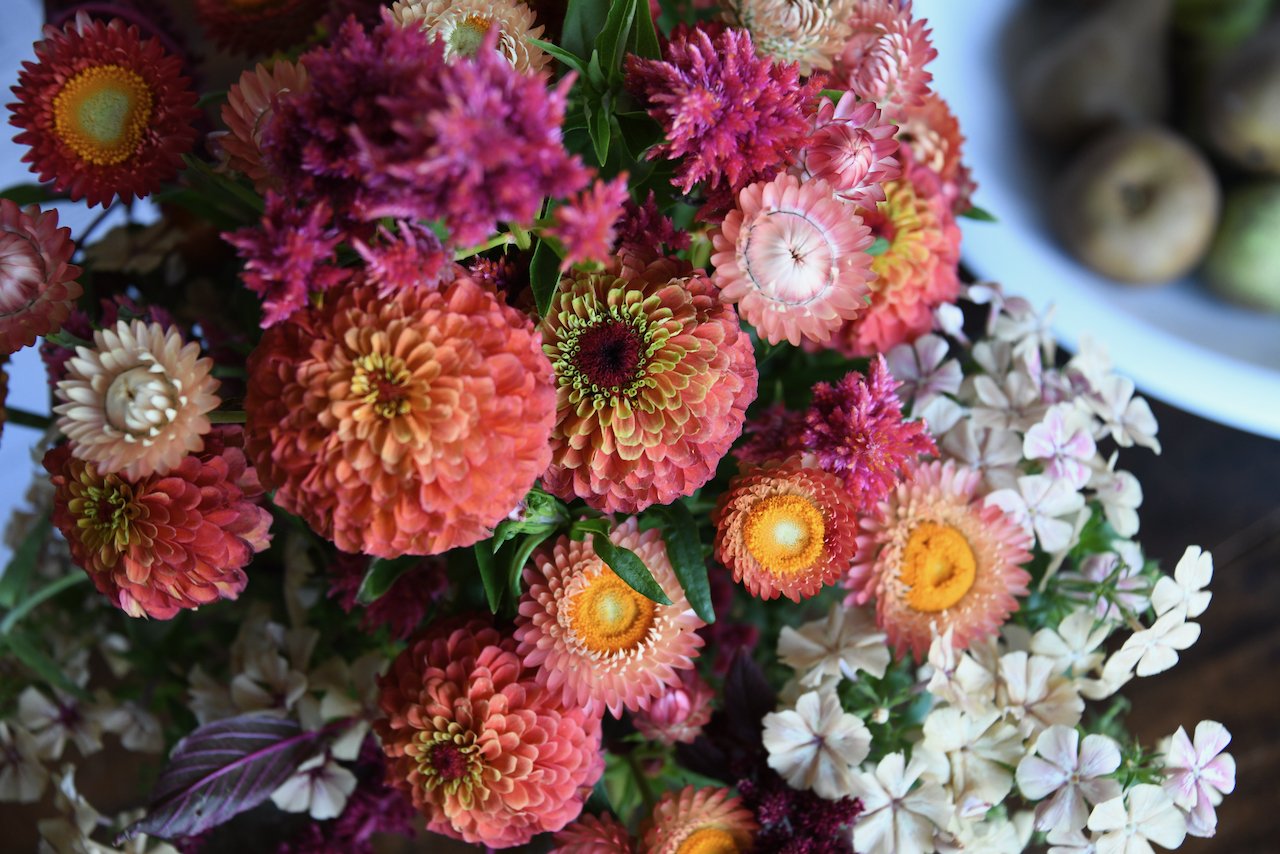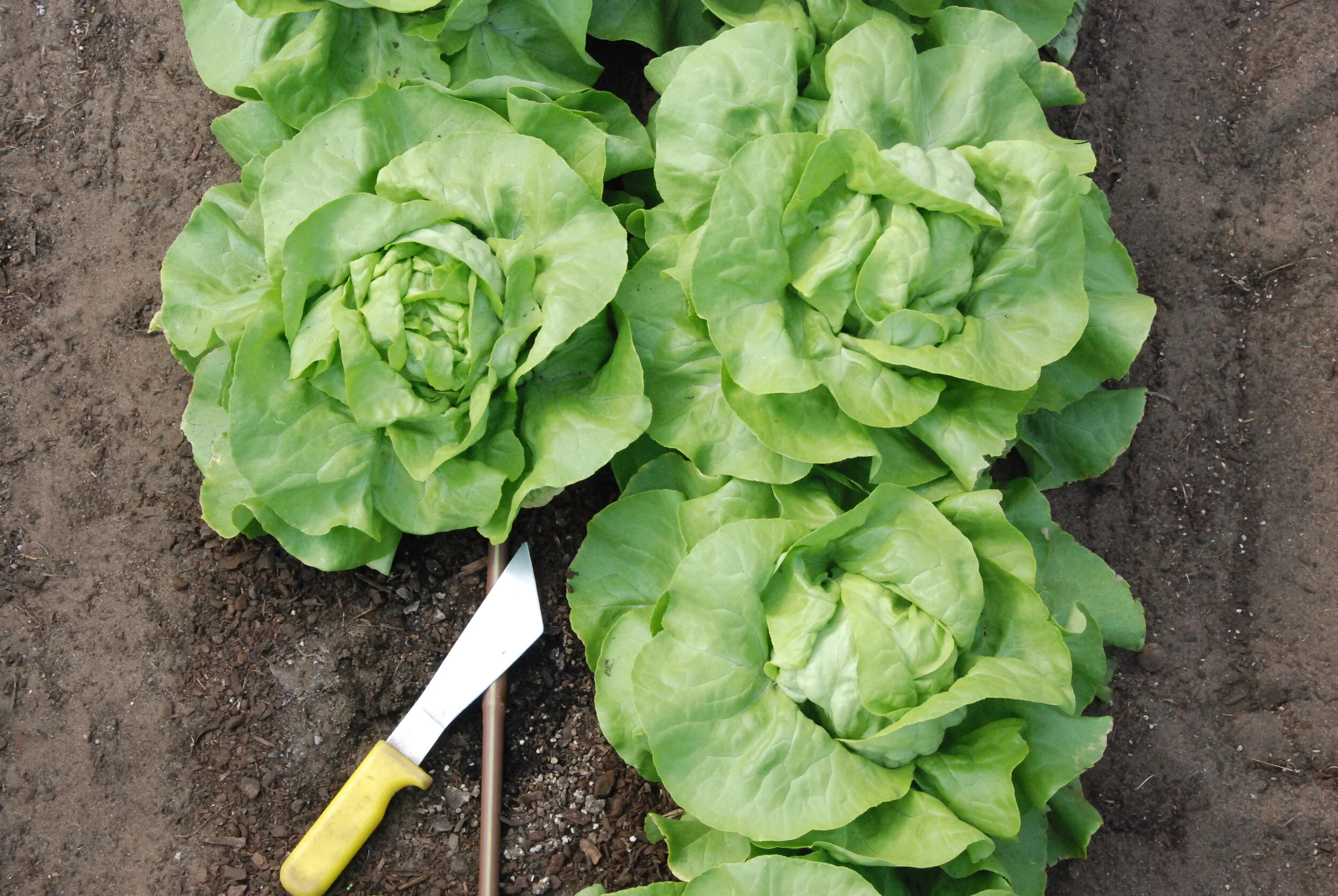Aging Well - Building Resilience
/Capsicum plants holding and ripening fruit and still looking robust despite the cooler autumn
Warm weather crops are fading. Even while our tomatoes continue to ripen, the capsicums turn orange, yellow and red, the grains in the summer green manure harden, pumpkins mature - the senescence is occurring.
Mature and immature ‘marina di chioGgia’ pumpkins
After noticing the earliest plants to flower, the plants with efficient architecture, the fruit with the right size and shape and colour, our observations turn now to those plants that are fighting on through the pressure of powdery mildew and other diseases, the exhaustion of a summer supporting and growing fruit and flowers, the final stampede of sucking insects.
‘Black Beauty’ zucchini growing through the powdery mildew surrounding it
Maybe we see a plant completely defying the season of aging. Maybe a plant is surrounded by disease and yet not showing any signs. Maybe the plant has retained its leaves, when other plants are dropping them, so that it’s ripening fruit will store better and longer.
As seed stewards, we have read and are now witnessing that these age defying, disease resistance traits pass through the genetic information contained within a seed. By cataloguing these seeds, we are trying to build a seed bank with resilience insuring the harvest of a crop in organic growing conditions without the use of sprays.
Mature ‘marina di chioggia’ pumpkin ready for harvest
In addition to breeding for flavour and exquisite beauty, productivity, uniformity within a diverse gene pool, plant architecture, fruit shape, size and colour, we are selecting for resilience. With each generation of seed, like so many seed stewards -past, present and future- we are using observations to further genetics. This is farmer led breeding.
summer green manures mowed ahead of incorporation - pumpkin plants fading (foreground)
In addition to our own breeding work, we are also working with several independent breeding programs who have developed varieties specifically addressing the needs of organic/low input vegetable production. Regionalising the seed and addressing climate, pest and disease effecting our Southeastern Australia region provides resilience in our local food system as well as success in organic growing of any scale.
The way our food, flowers and fibre is grown does effect the earth’s atmosphere and climate! Bio-dynamic and organic growers are not only reducing the use of conventional fertilizers, synthetic broad based herbicides and pesticides, a rotating spectrum of fungicides, they are also, hopefully through their sustainable practices, maintaining and enhancing living soil (and its carbon storing ability) and healthy ecosystems !
Seed specifically aligned with organic growing, continually tries to address the struggles and limitations of organic production. The genetics carried through in that seed can insure a harvest, on a home or commercial scale. It is an intrinsic part of a regionalized, sustainable food and flower system.
